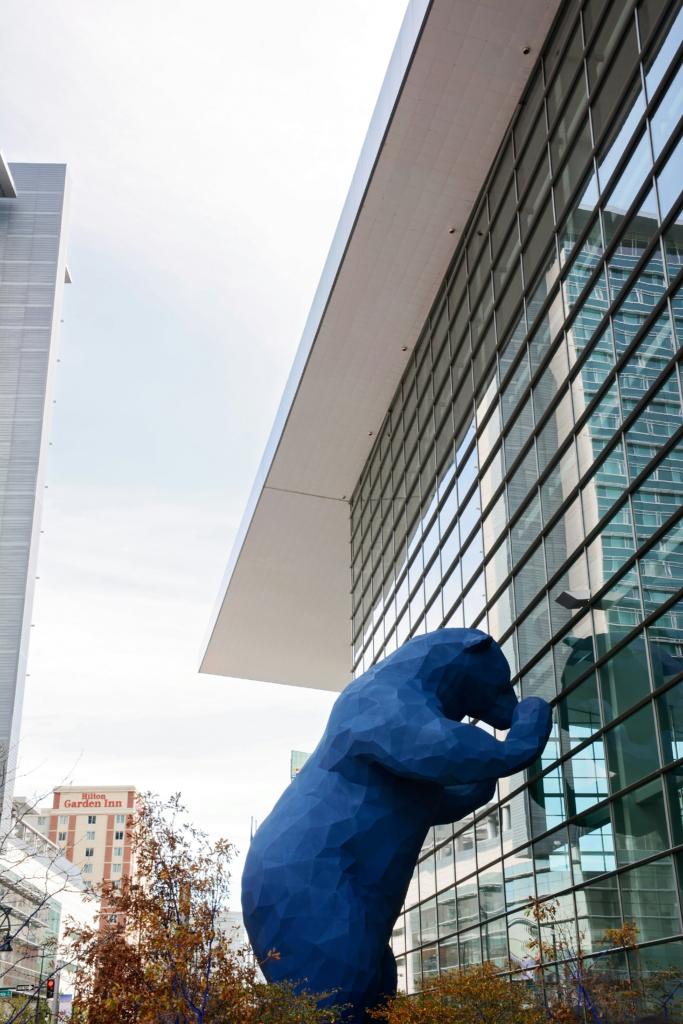Earning your Master of Library and Information Science (MLIS) from the University of Denver opens a world of possibilities. With an ever-evolving landscape in information management, library science professionals are more essential than ever. Whether you’re passionate about archiving, community engagement, or digital technologies, your journey begins here. Let’s explore the career opportunities that await you after completing this esteemed program.
MLIS Program Achievement Data
The MLIS program at the University of Denver boasts impressive achievement data. Strong retention rates reflect student satisfaction, while graduation rates consistently showcase successful cohorts. Graduates often find rewarding employment in various sectors, with competitive salaries that highlight the value of their education and skills in library science.
Retention Rates
The retention rates for the University of Denver’s MLIS program reflect a strong commitment to student success. Many students find the supportive environment and engaging curriculum vital in their decision to continue pursuing their degree, fostering lasting connections with peers and faculty alike.
Graduation Rates by Cohort
The University of Denver MLIS program boasts impressive graduation rates across its cohorts. These figures reflect the dedication and support provided to students, enabling them to navigate their studies successfully and enter the workforce equipped with essential skills for various library and information science roles.
Employment Status

Graduates of the University of Denver’s MLIS program enjoy strong employment prospects. Many find positions in academic, public, and special libraries shortly after graduation. The program’s emphasis on practical experience equips students with skills that employers value, facilitating a smooth transition into various library and information science roles.
Average Salary
Graduates from the University of Denver MLIS program can expect competitive salaries in the job market. The average salary for library and information science professionals varies widely based on specialization and experience, typically ranging from $50,000 to over $80,000 annually. This reflects the growing demand for skilled librarians.
Online Master’s in Library and Information Science Curriculum
The University of Denver’s MLIS curriculum is designed to equip students with essential skills for today’s information landscape. Courses blend theory and practice, emphasizing critical thinking, research methods, and technological proficiency. Students explore diverse topics that prepare them for various roles in library and information science.
Archiving Focus
The archiving focus in the University of Denver MLIS program equips students with essential skills for managing and preserving historical documents. This specialization emphasizes digital preservation, metadata standards, and the importance of accessibility. Graduates emerge ready to tackle challenges in diverse archival settings, ensuring vital information is safeguarded for future generations.
Learning Objectives
The University of Denver MLIS program emphasizes critical thinking, information literacy, and ethical practices. Students develop skills in research methodologies and data management while fostering a commitment to diversity. These learning objectives prepare graduates for diverse challenges in library science and information management careers.
MLIS Career Paths
Graduates from the University of Denver MLIS program can explore diverse career paths. Options include academic librarians, information specialists, and archival curators. Many also find roles in digital libraries or community outreach, leveraging their skills to enhance access to knowledge and promote literacy in various environments.
Career Opportunities for Library Science Graduates
Library science graduates find diverse career paths. Opportunities range from academic librarians and archivists to information specialists and digital curators. Many also explore roles in public libraries, community organizations, or corporate environments, leveraging their skills to manage information resources effectively across various sectors.
Specializations in MLIS@DEN Program
The MLIS@DEN program offers diverse specializations to tailor your education. Choose from academic libraries, archives and records management, community engagement, information technology, or public libraries. Each path equips students with unique skills, preparing them for various roles in the ever-evolving library and information science landscape.
Academic Libraries
Academic libraries serve as vital resources within educational institutions. They provide students and faculty with access to a wealth of information, fostering research and learning. Librarians here often specialize in subject areas, guiding users through academic databases and cultivating an environment that encourages scholarship and critical thinking.
Archives and Records Management
Archives and records management focuses on preserving valuable information for future generations. It involves organizing, maintaining, and providing access to historical documents and data. Professionals in this field ensure that important records are safeguarded while facilitating research and public access, making it a vital part of modern information science.
Community Engagement
Community engagement in the MLIS@DEN program emphasizes building connections between libraries and their communities. Students learn strategies to foster inclusivity and promote access to information. By developing outreach programs, future librarians enhance literacy, support local initiatives, and empower diverse populations through tailored services that meet unique community needs.
Information Technology and Digital Libraries
The integration of information technology in digital libraries is transforming how we access and manage knowledge. Students specializing in this area gain skills in data management, software applications, and systems design. They play a crucial role in ensuring efficient information retrieval and enhancing user experiences across various platforms.
Public Libraries
Public libraries serve as vital community hubs, offering resources and programs that enrich lives. Graduates with an MLIS from the University of Denver can thrive in these environments. They can manage collections, develop outreach initiatives, and foster literacy programs. Opportunities abound for professionals eager to make a difference in their communities through public service and engagement. The skills developed during the MLIS program prepare graduates to meet evolving community needs effectively.

Good work